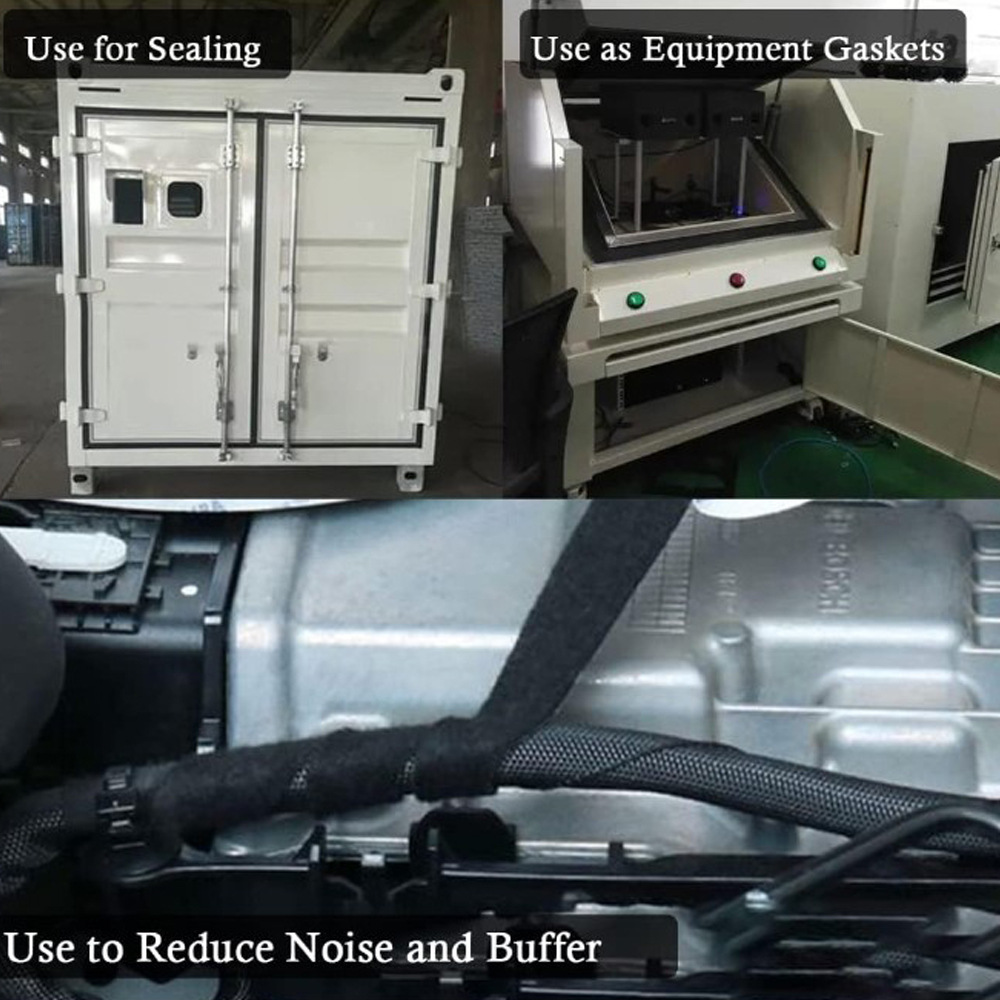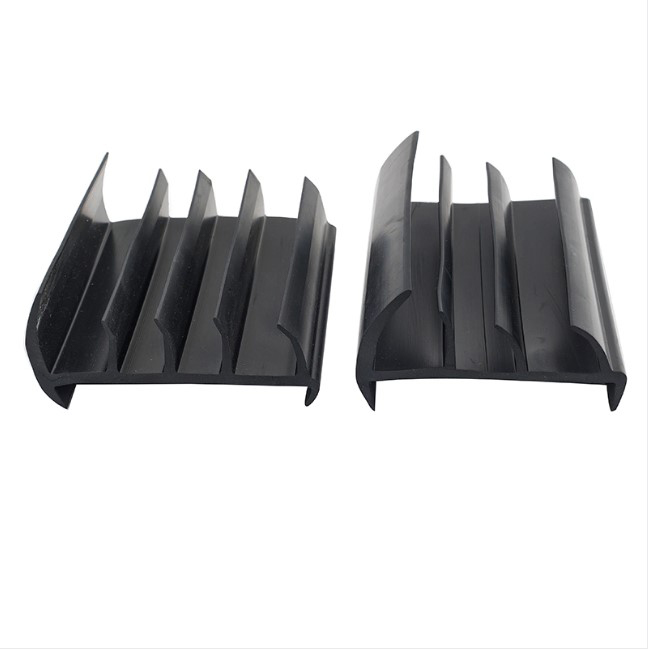Container seals play a crucial role in securing goods during transportation and storage. These seals are designed to prevent unauthorized access to the contents of the container, ensuring the safety and integrity of the goods. The application of container seals is diverse, ranging from shipping and logistics to retail and manufacturing industries. Let's delve into the various applications of container seals and their significance in different sectors.
In the shipping and logistics industry, container seals are used to secure cargo containers during transit. These seals provide a tamper-evident barrier, indicating if the container has been compromised or accessed without authorization. This is essential for ensuring the security of high-value goods and preventing theft or tampering during transportation. Additionally, container seals help in compliance with international shipping regulations, as they provide a clear indication of whether the container has been tampered with en route.

In the retail sector, container seals are utilized to secure merchandise during storage and transportation. Retailers often use container seals to safeguard valuable inventory, especially when goods are being transported from distribution centers to retail outlets. By using tamper-evident seals, retailers can ensure that their products remain intact and secure throughout the supply chain, reducing the risk of theft and pilferage.
Manufacturing facilities also rely on container seals to protect their products and raw materials. These seals are used to secure containers holding components, parts, and finished goods within the manufacturing plant or during transit to other facilities. By implementing container seals, manufacturers can maintain the integrity of their products and prevent unauthorized access, ensuring that only authorized personnel can access the contents of the containers.
In the pharmaceutical and healthcare industries, container seals are of utmost importance in ensuring the safety and authenticity of medical supplies and pharmaceutical products. Tamper-evident seals are used to secure containers carrying medications, medical devices, and sensitive healthcare supplies. This is critical for preventing contamination, tampering, or unauthorized access, thereby safeguarding the quality and efficacy of the medical products.

The application of container seals extends to the transportation of hazardous materials and chemicals. Seals designed specifically for hazardous cargo containers provide an added layer of security, ensuring that dangerous substances are not compromised during transit. These seals help in compliance with safety regulations and environmental standards, reducing the risk of accidents and ensuring the safe handling of hazardous materials.
In the context of customs and border security, container seals are instrumental in facilitating the smooth movement of goods across international borders. Customs authorities use seals to verify the integrity of containers and to detect any unauthorized access or tampering. This is essential for ensuring the security of cross-border trade and preventing the smuggling of contraband or illegal goods.
Overall, the application of container seals is diverse and multifaceted, playing a critical role in safeguarding goods across various industries. Whether it's securing cargo during shipping, protecting valuable inventory in retail, ensuring the integrity of manufacturing processes, or maintaining the safety of pharmaceutical products, container seals are indispensable for maintaining the security and authenticity of goods throughout the supply chain. As technology continues to advance, innovative container seal solutions are being developed to meet the evolving needs of different industries, further enhancing the security and reliability of container sealing applications.
Post time: Apr-25-2024
